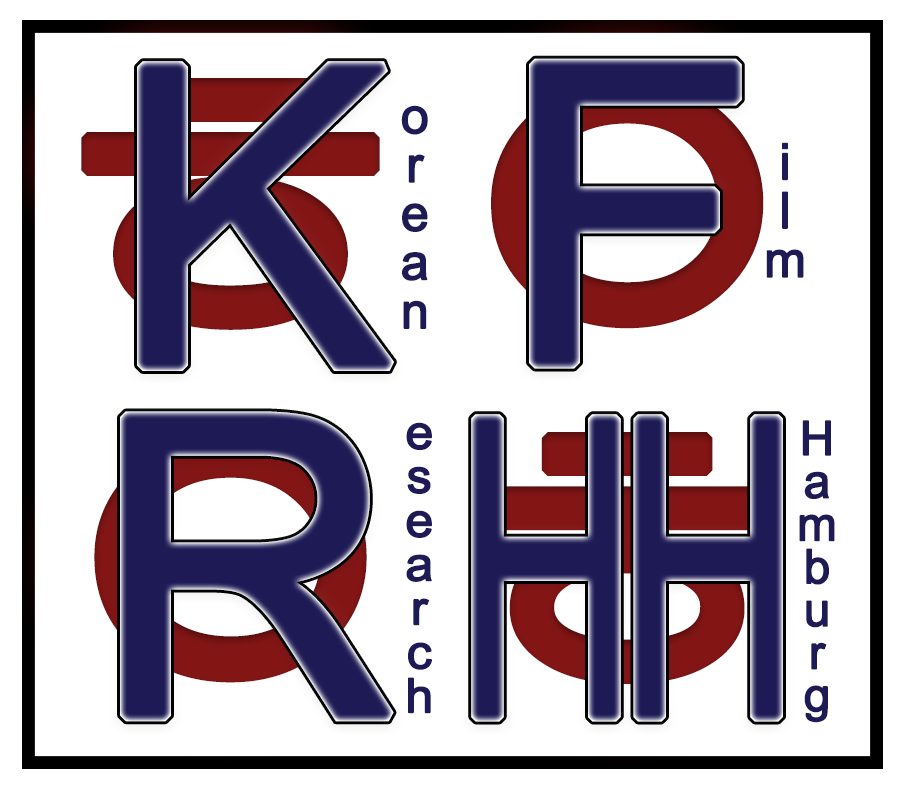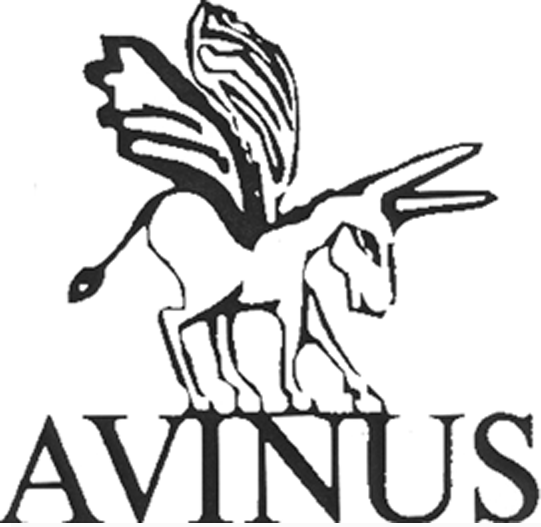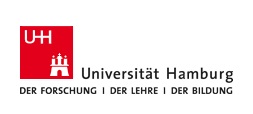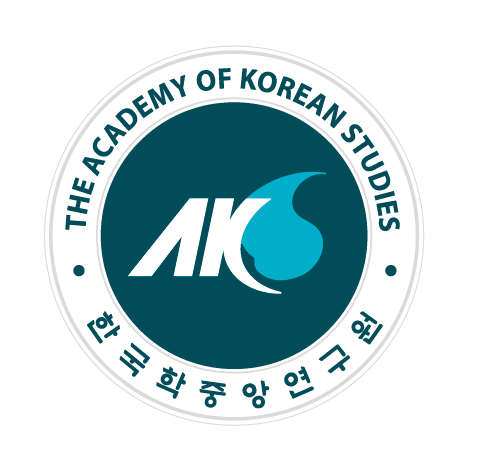
Über das Projekt (DE, english below)
Das Projekt „Understanding Korean Society through Korean Literary Film Adaptations“ ist ein e-Learning Videokurs, der im Zuge der Covid-19- Pandemie und der Notwendigkeit der Online-Lehre entstanden ist. Dieser Kurs ergänzt das Curriculum in der Koreanistik der Universität Hamburg für B.A.- wie M.A.-Studierende, kann aber auch fachfremden Studierenden und Wissenschaftler:innen einen wertvollen Einblick in die koreanische Filmgeschichte, eingebettet in die kulturellen und sozio-politischen Entwicklungen Südkoreas, sowie in die vielseitige Praxis der Adaption geben. Auch allgemein Interessierte sollen mit diesem Videokurs ermutigt werden, ihr Wissen über die koreanische Populärkultur anhand von Film, Webtoon und Literatur zu vertiefen.
Spätestens seit Bong Joon-ho und sein Team 2020 den Oskar in der Kategorie „Bester Film“ und „Beste Regie“ für seinen Film Parasite (2019) gewonnen hat, ist das südkoreanische Kino in der Aufmerksamkeit internationaler Medien angekommen und erhält weltweite Anerkennung unter Kritiker:innen und Fans gleichermaßen. Es hat die Nische des Arthouse-Kinos und der Festivalfilme längst verlassen: Legendäre und populäre Filme wie Pak Ch’an-uk`s Oldboy (2003), Thirst (2009),The Handmaiden (2016), sowie Bongs Snowpiercer(2013), seine Netflixproduktion Okja(2017) und nicht zuletzt Parasite (2019), Yeon Sang-hos Train to Busan (2016), I Saw The Devil (2010) von Kim Jee-won, Ode to my Father (2014) von JK Youn und Lee Chang-dongs Burning (2018)- all diese international bekannten Filme zeigen ein buntes Spektrum von dem, was das aktuelle südkoreanische Kino zu bieten hat.
Schaut man genauer auf die Filme und auf die südkoreanische Filmlandschaft, so fällt die ungebrochene Beliebtheit von Literaturadaptionen ins Auge: Seit dem Beginn der koreanischen Filmgeschichte in der Kolonialzeit, hin zur Nachkriegszeit und zum Boom der Literaturverfilmungen in den 1960ern und 1970ern, bis hin zum neuen koreanischen Kino in den 1990ern und frühen 2000ern sowie nicht zuletzt dem südkoreanischen Film des 21.Jahrhundert mit seinen Blockbustern und innovativen Genrefilmen werden nicht nur klassische und populäre koreanische wie nicht-koreanische Literaturvorlagen filmisch umgesetzt, sondern auch Theaterstücke, Radiodramen, Manga/Manhwa und momentan hoch im Trend: Webtoons, digitale Comics.
In sieben Episoden werden wir den koreanischen Adaptionen von koreanischer wie nichtkoreanischer Literatur nachgehen, von seinen Anfängen bis heute. Unterschiedliche Literaturadaptionen aus allen Filmgeschichtsdekaden werden vorgestellt und anhand unterschiedlicher Schwerpunkte, wie Sozialkritik, Genderrepräsentationen, Identitätskonstruktion, Tradition, Postkolonialität und kultureller Übersetzung diskutiert.
Leitfragen sind u.a.:
Was macht Verfilmungen von Literatur (im weitesten Sinne) so populär? Welches kritische Potenzial lässt sich in ihrer Verhandlung von soziokulturellen Themen entdecken? Was sind Unterschiede und Nuancen zwischen Vorlage und Verfilmung? Welche intertextuellen und intermedialen/transmedialen Verschränkungen werden sichtbar?
In den Folgen schauen wir auf die Produktionsgeschichte, auf die politischen, kulturellen sowie die ästhetischen Kontexte ihrer Herstellung und Rezeption. Neue Formen des Erzählens in diesen Adaptionen werden vorgestellt, nämlich das transmedia storytelling, in der die Erzählung wandert und auf unterschiedlichen Medien erzählt wird, sowie auch die unterschiedlichen Adaptionen desselben Textes in Film, Webtoon und K-Drama.
Dieses Projekt wurde mithilfe des 2020 Korean Studies Grant Program der Academy of Korean Studies (AKS) realisiert (AKS-2020-V-016).
About the Project (EN)
In light of the Covid19-pandemic and the ensuing remote working and studying situation, this e-learning video series ‚Understanding Korean Society through Korean Literary Film Adaptations ’ supplements the curriculum of B.A. and future M.A. students of Korean Studies at the University of Hamburg. The proposed e-learning series is also designed to reach a wider audience, offering access to students of other majors to get an in-depth insight into Korean film, culture, and society. The video series will also cater to an interested audience in and outside of Hamburg, encouraging them in their pursuit of knowledge about Korean popular culture through the medium of film and literature.
Since Bong Joon-ho and his film team have won the Oscar for „best picture“ for „Parasite“(2019) early this year, South Korean Cinema seems on the apex of international attention and renown, critics’ as well as fan recognition. But it has already left the niche of pure arthouse cinema and festival film circulation long ago: Well-acclaimed movies like Pak Ch’an-uk`s Oldboy (2003), Thirst (2009),The Handmaiden (2016), as well as Bong’s Snowpiercer (2013), Netflix production Okja (2017) and of course Parasite (2019), Train to Busan (2016) by Yeon Sang-ho, I Saw The Devil (2010) by Kim Jee-won, Ode to my Father (2014) by JK Youn and last but not least Burning (2018) by Lee Chang-dong, all show the diverse spectrum of what current South Korean Cinema has to offer its viewers.
When looking more closely at South Korean Cinema, what strikes the audience is the unbroken popularity of literary adaptation movies within the South Korean cinema landscape, past and present: Since its inception to the first munye yŏnghwa boom in the 1960s and 1970s, through the new wave of Korean cinema in the 80s and 90s and finally the 21st century with its Korean-style blockbusters and genre-bending arthouse cinema, adaptations of literature, be it novels, short stories, theater plays, or even comics has thrived continuously.
In 7 episodes, the project will trace the trajectory of Korean movies adapted from either foreign or Korean literature from its origins to now. The guiding questions are as follows: Why are literary film adaptations popular? What is their critical potential in terms of social and cultural issues raised in their narratives? What are nuances and differences between literature and screen adaptation? What kind of intertextual and intermedial/transmedial entanglements exists and why do they give us pleasure? We will consider their production history as well as the political and aesthetical contexts in which they are embedded, as well as new forms of transmedia story telling cycles such as webtoons gone Cinema gone K-Drama. We will discuss, introduce and present specific literary adaptation films from allover of Korean film history, highlighting different aspects such as social movements, gender representation, (be-)longings, tradition, (post-)colonial echoes, cultural translation processes, social critique, etc.
The mixed-methods approach that will be used to delve into the workings of Korean Society through literary film adaptations ranges from input presentations via PowerPoint made by lecturers or students, expert discussions with researchers from various disciplines via ZOOM, student assignments in the form namely of video essays on certain aspects or a specific movie.
This project was supported by the 2020 Korean Studies Grant Program of the Academy of Korean Studies (AKS-2020-V-016).



